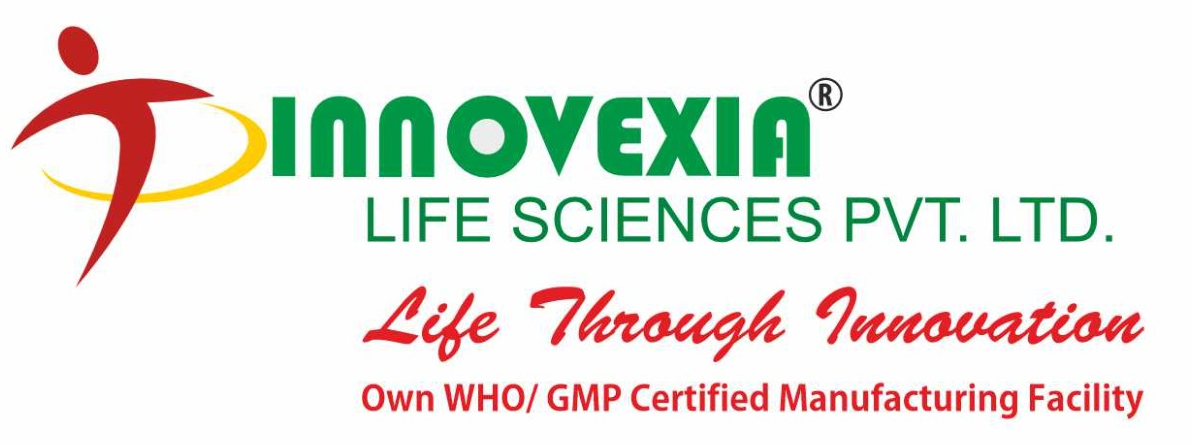Title: Pros and Cons of Pharma Franchise Business: A Comprehensive Analysis
Introduction:
Pharmaceutical franchise business has gained significant traction in recent years, offering individuals the opportunity to establish their own venture within the pharmaceutical industry. It allows entrepreneurs to leverage the established brand, products, and support of a pharmaceutical company while operating as an independent business. In this article, we will delve into the pros and cons of the pharma franchise business model, providing a comprehensive analysis to help aspiring entrepreneurs make informed decisions.
Table of Contents:
1. Understanding the Pharma Franchise Business Model
2. Pros of Pharma Franchise Business
2.1 Established Brand and Products
2.2 Lower Initial Investment
2.3 Training and Support
2.4 Market Demand and Growth Potential
2.5 Reduced Business Risks
2.6 Exclusive Territory Rights
2.7 Marketing and Promotional Assistance
2.8 Access to Regulatory Compliance
3. Cons of Pharma Franchise Business
3.1 Limited Independence
3.2 Franchise Fees and Royalties
3.3 Dependency on Parent Company
3.4 Restricted Product Portfolio
3.5 Market Competition
3.6 Geographical Constraints
3.7 Regulatory Compliance and Documentation
3.8 Potential Conflicts with Parent Company
4. Tips for Success in Pharma Franchise Business
5. Conclusion
1. Understanding the Pharma Franchise Business Model:
The pharma franchise business model involves a partnership between a pharmaceutical company (franchisor) and an individual or company (franchisee) who operates a business using the franchisor’s brand name, products, and support systems. The franchisee pays initial fees and ongoing royalties in exchange for the rights to operate within a specific territory and access the franchisor’s products, training, marketing materials, and support.
2. Pros of Pharma Franchise Business:
2.1 Established Brand and Products:
One of the primary advantages of the pharma franchise business model is the use of an established brand name and products. The franchisee benefits from the reputation, trust, and market presence of the franchisor, eliminating the need for extensive brand building and product development.
2.2 Lower Initial Investment:
Compared to starting an independent pharmaceutical business, the pharma franchise model typically requires a lower initial investment. Franchisees can avoid costs associated with product research and development, brand promotion, and setting up manufacturing facilities, as these are already provided by the franchisor.
2.3 Training and Support:
Franchisees receive comprehensive training and ongoing support from the franchisor. This includes product knowledge, sales techniques, marketing strategies, operational guidance, and regulatory compliance. Such support helps franchisees navigate the pharmaceutical industry and enhances their chances of success.
2.4 Market Demand and Growth Potential:
The pharmaceutical industry has a high demand for healthcare products, ensuring a steady market for franchisees. With the increasing population, evolving healthcare needs, and growing focus on wellness, the sector offers significant growth potential.
2.5 Reduced Business Risks:
Operating as a pharma franchisee reduces certain business risks. Franchisees can rely on the proven business model, market research conducted by the franchisor, and the franchisor’s experience to minimize uncertainties associated with product demand, pricing strategies, and market entry barriers.
2.6 Exclusive Territory Rights:
Franchisees often receive exclusive territorial rights, protecting them from direct competition with other franchisees of the same brand within the designated area. This exclusivity can provide a significant advantage and enhance the franchisee’s market share and profitability.
2.7 Marketing and Promotional Assistance:
Pharma franchisees benefit from marketing and promotional assistance provided by the franch
isor. The franchisor’s expertise and resources in marketing strategies, advertising campaigns, and promotional materials can help franchisees establish a strong presence in the market and attract customers.
2.8 Access to Regulatory Compliance:
Pharmaceutical businesses are subject to stringent regulatory requirements. By joining a pharma franchise, franchisees gain access to the franchisor’s expertise in regulatory compliance, documentation, and quality control. This reduces the burden of navigating complex regulations independently.
3. Cons of Pharma Franchise Business:
3.1 Limited Independence:
Franchisees have to adhere to the operating guidelines and policies set by the franchisor, limiting their independence and decision-making autonomy. Franchisees must follow the franchisor’s branding, pricing, and marketing strategies, which may not align with their personal preferences or entrepreneurial vision.
3.2 Franchise Fees and Royalties:
Franchisees are required to pay initial franchise fees and ongoing royalties to the franchisor. These financial obligations can impact the franchisee’s profitability and cash flow. Franchisees must carefully evaluate the fees and royalty structure to ensure it aligns with their financial capabilities and expected returns.
3.3 Dependency on Parent Company:
Pharma franchisees heavily rely on the parent company for the supply of products, ongoing support, and updates on new products or formulations. Any disruptions or issues with the parent company can directly affect the franchisee’s operations and success.
3.4 Restricted Product Portfolio:
Franchisees are often limited to selling the products provided by the franchisor. This restricts the franchisee’s ability to diversify their product portfolio or introduce new products in response to market demands. Limited product offerings may hinder the franchisee’s ability to cater to specific customer needs.
3.5 Market Competition:
While joining a reputable pharma franchise brand provides advantages, franchisees must also contend with competition from other franchisees operating within the same brand. This can result in market saturation and increased competition for customers and market share.
3.6 Geographical Constraints:
Franchisees typically operate within a predefined territory, limiting their geographical expansion. Expanding beyond the designated territory may require additional agreements or approvals from the franchisor, creating potential constraints on the franchisee’s growth potential.
3.7 Regulatory Compliance and Documentation:
Although the franchisor provides support in regulatory compliance, franchisees still need to ensure adherence to local and national regulations. Maintaining accurate documentation, licenses, permits, and certifications can be complex and time-consuming.
3.8 Potential Conflicts with Parent Company:
Franchisees may face conflicts or disagreements with the franchisor on various aspects, including business operations, marketing strategies, pricing, or territorial rights. These conflicts can impact the franchisee’s business and strain the franchisor-franchisee relationship.
4. Tips for Success in Pharma Franchise Business:
To maximize the chances of success in the pharma franchise business, franchisees should:
– Conduct thorough research on the franchisor’s reputation, products, support, and track record.
– Carefully analyze the financial aspects, including initial fees, royalties, and expected returns.
– Seek legal advice and review the franchise agreement to ensure fairness and transparency.
– Develop a strong network of healthcare professionals, doctors, hospitals, and pharmacies.
– Continuously upgrade product knowledge, marketing strategies, and customer service skills.
– Regularly communicate and collaborate with the franchisor for guidance and support.
– Stay updated on industry trends, regulatory changes, and emerging market opportunities.
5. Conclusion:
The pharma franchise business model offers both advantages and disadvantages for aspiring entrepreneurs in the pharmaceutical industry. While it provides the benefits of an established brand, training, support, reduced risks, and market potential, it also involves limitations on independence, financial obligations, and potential conflicts. It is crucial for individuals considering a pharma franchise to thoroughly evaluate the pros and cons, conduct

